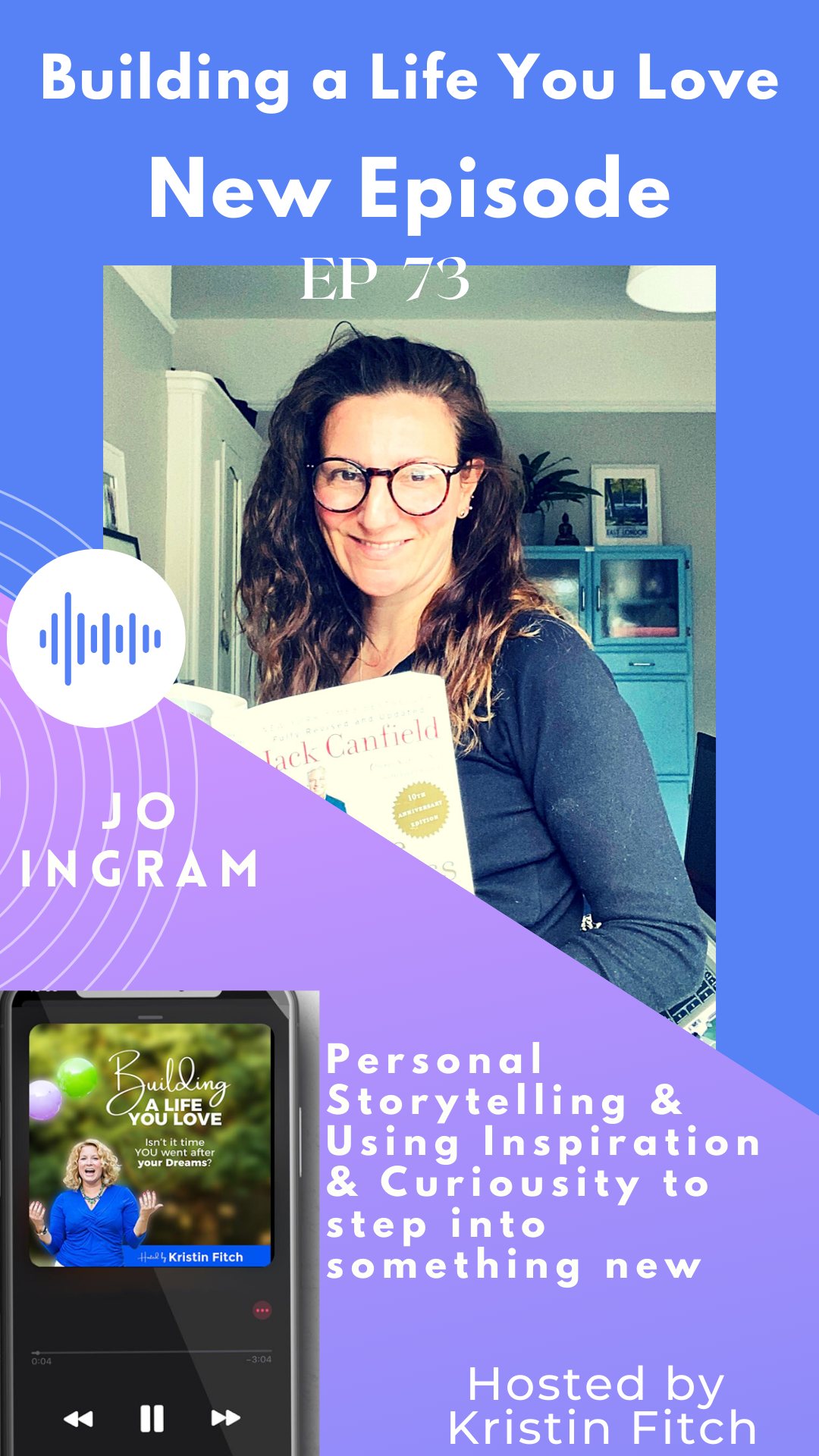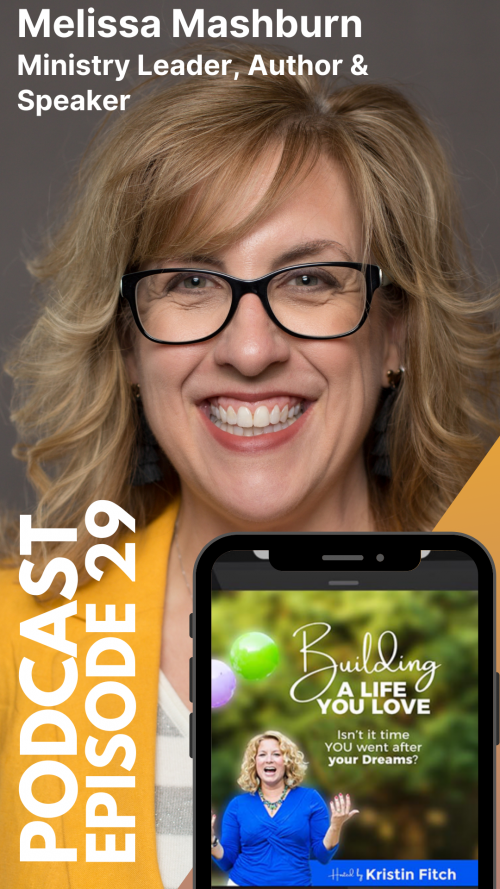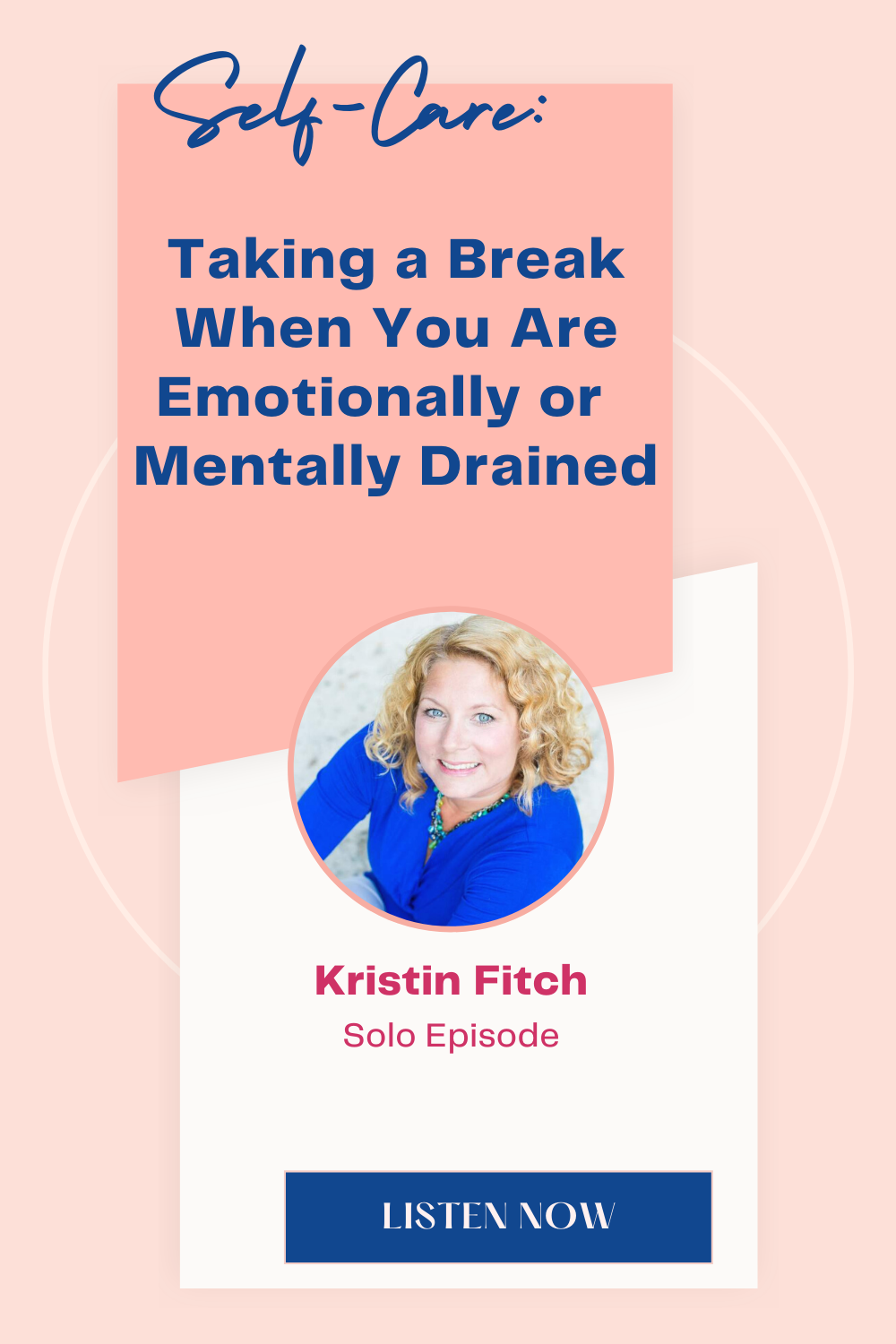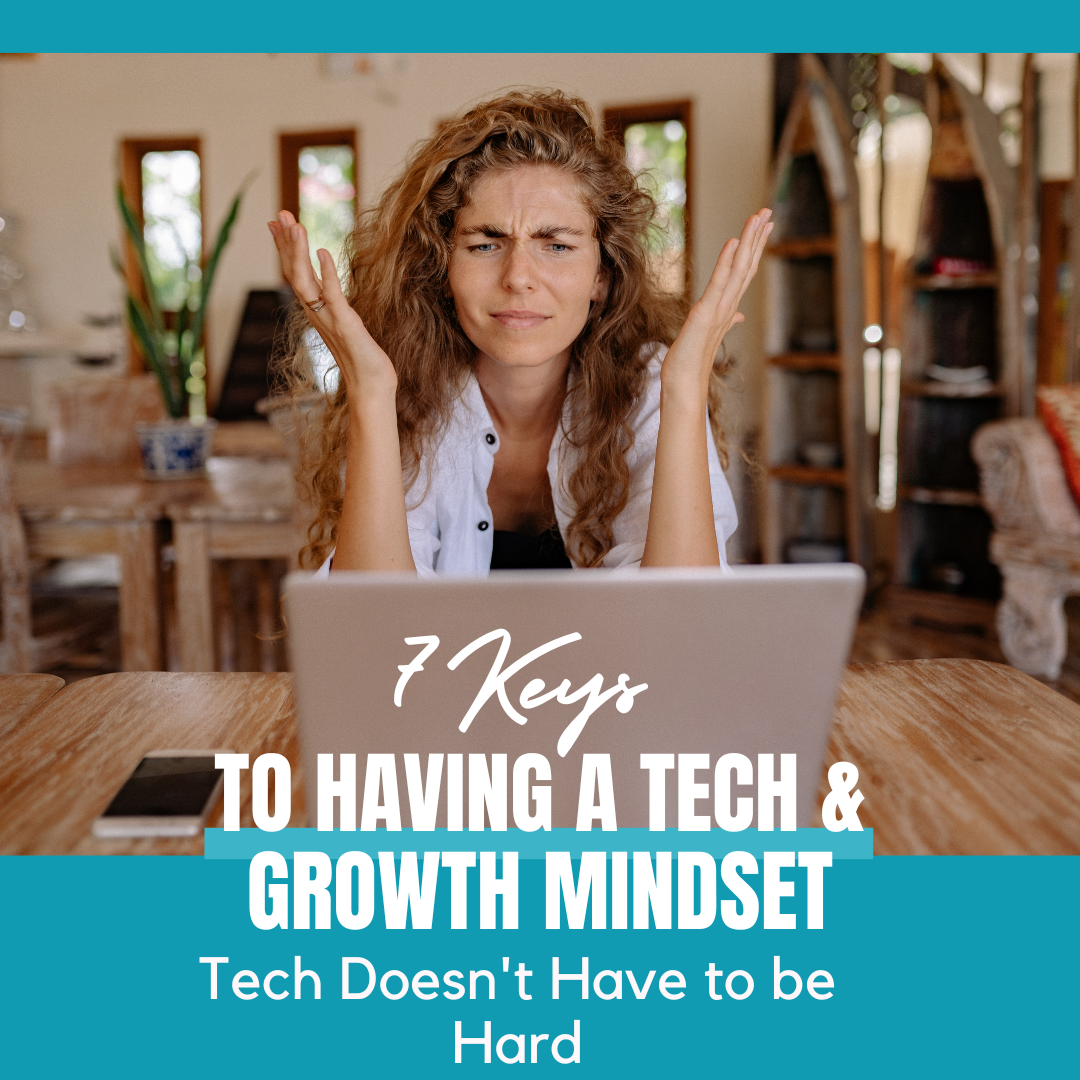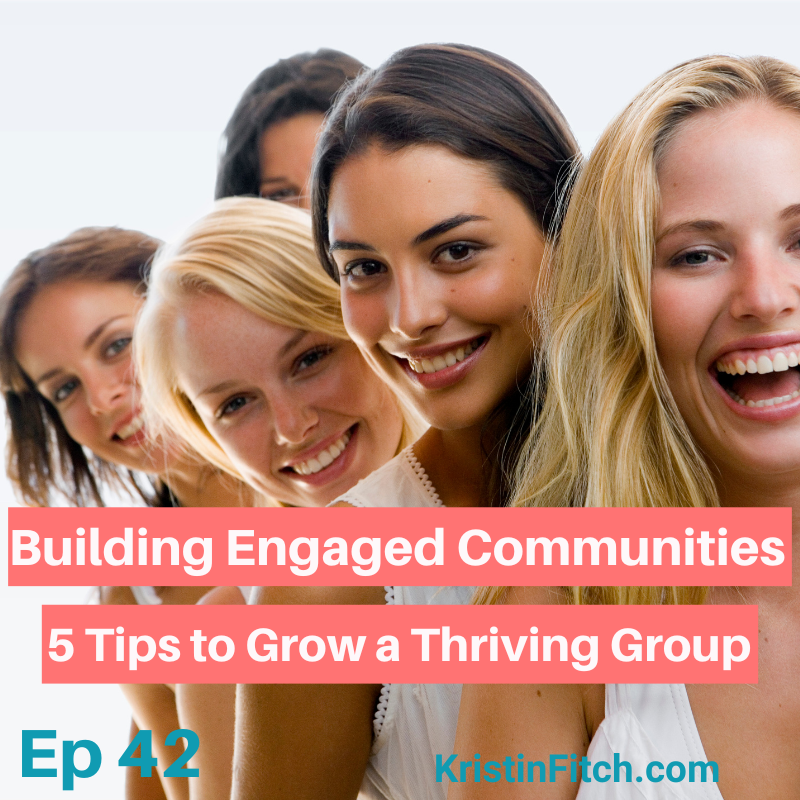
5 Tips to Grow a Thriving Group
Today we’re going to talk about building community. We’re going to talk about things I’ve learned over the years as I build communities around me both in person and online. We’re also going to talk about a couple of the highlights or takeaways from the book, find your people by Jenny Allen.
And the reason I wanted to talk about this today is, I think it’s so important to encourage you to build your community to build the people around you. And I want to share some ideas for how you can do that in a really authentic way in a way that brings value to the people in your groups. And that lets you really build those connections and even you know, friendships and superfan level of interest that people have in the community you’re building that people want to be part of it.
So definitely tune in today and take some notes if that helps you. But I can’t wait to hear about the community you’re building and how it’s going for you so far too beautiful friend.
. For some of us, we probably have already started building communities. But these will be good reminders for you if you already have a community, or maybe a couple of new tidbits or tips. And for those of you that haven’t started building a community yet or not really, these will be some great ideas for you to get going. The thing I want to mention, though, is don’t worry so much about the number of people in your community. I recently just started a new Facebook group and I have other groups for other things that you know, have 60 people or 1000s of people in it. This group I just started has 15 in it, because I’ve just launched it, you know, in the last, I don’t know, really the last two weeks. And haven’t you know, I’m growing. It’s really because I didn’t have the bandwidth yet to pour into the group. So I’m starting to move more people in there. I’m starting to promote it more. So that will grow. But I just remind you, it’s more about the engagement, that connection that is about having a huge number of people. We have other platforms for that. Okay. All right. So the other thing I want to tell you is one of my favorite things to talk about is community, and relationships and just, you know, serving people being of service to the people around us. And so I think this conversation will really, I hope fill you up, I hope it’ll feed your soul in a way that remind you how important our relationships are and how important it is that we pour into. Hey, and before we jump into today’s conversation to talk about community building, I did want to let you know, I am starting a contest that if you post a review for the podcast on Apple podcasts, if you don’t use Apple, then just post to one of the other platforms, screenshot it, join the Facebook community and share it in your community tag at Kristin Fitch and put a hashtag podcast contest. And I will be picking several winners in July, that they can either pick a business coaching session with me or a website audit and leads roadmap and coaching session with me. So it’s a super amazing giveaway that so many people love because it’s just one on one with me on a zoom call to dig into either all of your online things, or we can talk about community building or we can talk about some other challenge that you need to work through. So I’m so excited about it. The link to my Facebook community is at the bottom of every episode. And like I said, you just need to do a review. And if you’re not sure how to do that, join my community and tag me and I will tell you how I have a video step by step. So I hope you enter into that contest because I can’t wait to work with a couple of you in July for that giveaway. The people
Alright, so building a community or a village or our tribe, like I said is so important. because we all need support, you know, in our lives, or we, you know, in our faith lives, in our personal lives in our business lives. And yes, a lot of those times those things can overlap those areas. But it’s just so important one, it’s because humans are made for connection, right, you really can’t thrive without it. For instance, one study, when they’ve looked at people that live the longest, of course, eating well, and you know, exercising, that kind of thing is super important. But even more important than that, they found that people with deep, meaningful relationships, so people that are social, right, that had at least a couple of close family or friends that they connected with, that was one of the key indicators of people that often lived the longest, assuming that their health was, you know, decent. So I just think that’s amazing. And it lets us remember how important connection is how important community is, how important learning from and growing from other people is, and how important, you know, being able to know we have other people that see us other people that are there for us and other people that are supporting us. And, you know, lifting us up when we need to be lifted up. All right, so let’s dive in. The first thing is, as I just mentioned, community is all about connection. All right, so I’m going to share some tips with you today, that I hope will help you really build authentic communities that really align with your, you know, the work you’re doing in the world. And that will align with the people that you draw in and bring bring forth. But before I do that, though, I just wanted to encourage you, if you still haven’t found your tribe, or your village, you still haven’t started a community, or maybe you haven’t found communities that you want to be a part of that are giving you what you need. Just keep trying ask other people that you respect, or you’ve been, you know, connected with online, where do they hang out, you know, online, and in person conferences, all the things. I’ve been some amazing in person conferences, there’s ones that I haven’t been to, but I would love to get to at some point. I have local communities I’m in and I have online communities, I’m in both small groups, you know, just a couple people where I connect with regularly and then other larger groups. So it’s really important. So I just wanna remind you don’t feel discouraged, if you that this is a harder thing for you. Because we all go through different seasons. And some of us are better at reaching out or finding paths to these communities than others. So don’t get discouraged. You know, reach out, ask me, I’m happy to share lots of places that I’ve been, or communities that I’ve joined or tried, you know, that sort of thing. So and I’m sure other people in the art community that’s on Facebook currently, would also love to share with their thoughts with you. All right, so we’re going to talk about five buckets, five areas to build a thriving community. So here are the buckets, we’re going to talk about what you should do in your, your group, your community, if you will. So I think it’s, you know, you want to have some level of education, you know, educating are a learning component.
Number two is opportunities to connect. Three is things that inspire right the community, inspire each other, lift them up, for give people an opportunity to promote, support, and celebrate or cheer each other on. And then five, you have to be willing to be shown being authentic, vulnerable and honest, we need to show up in these communities where we’re speaking where we’re at, and not the perception we want to have, right, so important. So let’s dive into these. The first thing is, do you have an element of education or learning or teaching in your community. So this could be videos, this could be lives, this could be bringing guests in, you know, it could even be you know, PDF handout, it doesn’t matter so much the type of education or learning you’re doing is that you offer it so that people are super clear when they join this community, what they’re going to get from it. And today, I’m more talking about a, you know, communities that might be free, but but most of these things pretty much go in a paid community as well. And I would just share with you, I think both are great. And I think there’s a time and a place for both types of communities. Let’s see, I’m in communities that are you know, free groups, and I’m in plenty of other communities that are paid, you know, memberships or commute learning communities, or masterminds I’ve done so I think both are of such good value. And so there’s nothing wrong with it being free or paid as long as it’s super clear what you’ll get get from the community. Okay, so education, are you providing regular content in some form so that could be video can be audio, it could be handouts, it could be lives, but are you regularly per writing things that educate, teach, or are learning opportunities for people hands on, it could be a workshop, it can be, you know, bringing on some of your community members and doing a audit with them, you know, or just a conversation, you know, a q&a, anything like that. So that’s the first thing, do you have an education or learning element in your community? And do you do it consistently, because one of the things you have to do is show up consistently, whether you’re running a podcast, or you’re an author, whether you run a community or membership site, you have to be consistent, and you have to tell people what to expect when to post regularly and keep reminding them of the schedule, you know, what should they expect, each week, each month, each quarter or each day. All right, next is connection. People want to be in your group, because they feel like they belong in everyone wants to feel like they belong somewhere, you know, so if you’re a super creative, you know, cool cast, creative soul, a faithful soul, you know, whatever your thing is, make sure that’s tied into your community, that it’s super clear who your communities for, and then you’re gonna get a better group of people that connect right at a deeper level, because they have some similarities. So connection, you have to one, reach out to those types of people, and you have to have content that they would be interested in, but don’t even nella. In other words, make connections with people that have something in common, right, there has to be a commonality. And doesn’t mean everything has to be in common, but something but don’t even know don’t be for everyone. Because I’m sure you’ve heard the saying, you’ll be for no one at that point. You need to be a unique community in some way, right? Your personality, what kind of content you’re teaching, the kind of things you do the fun, the interesting. So you know, just make your connection based on those interests, you have those unique things, those unique elements, and people will be drawn to it, I promise. Okay, next is do you have an element of, you know, aspect of your community, where you and how you can inspire people, this can be through, you know, coming on and doing positive messages or sharing quotes or scripture or stories. It could be interviews with people in your community, you know, that are inspiring and uplifting. Maybe it’s their journey story, or their success story or overcoming obstacles story, you know, but it’s story, it’s words that inspire us, it’s stories that inspire us. But that is actually how humans learn. And how we recall things, how we connect to things is three story more than facts. So every time we connect on the level of story and connect on the level of life, we’re going to build that deeper community. All right. Next is, do you have a chance
or an opportunity for people to regularly celebrate their wins, to share their wins to celebrate each other, to support each other and, and their business ventures, and to promote themselves or to you for you to promote them? Now, groups are very different. In some groups, I’m in even some paid groups, they have a separate topic, area or category that’s for CO labs, like club collaborations, or, like if you, if you’re looking for podcast, guests, you can post there, you know, for that information, or you can share maybe some workshop you have coming up. I mean, other groups that don’t allow promotion are that sort of thing. But I think you just need to set it clearly in the roles. But I think on occasion, you should have allow people in that certain post or in a certain category, you know, like a folder or something, to share that stuff. Because at the end of the day, if it’s all about the community organizer, and their promotional stuff, it can get old, you know, we all want to think that we don’t only belong, but that we have an opportunity to connect with other people about what we do specifically. So make sure you have that element. Because you get people more engaged when, you know, I can share, Hey, I just had this great podcast episode come out that I think you might really like if you’re doing X, and someone else might be like, Oh my God, that’s so cool. This is what has happened to me, right? Or they might say, Wow, I did something similar. Maybe we decided to collaborate on something. So I think that’s super important. Have the space or an opportunity for them to share, you know, in a deeper way that’s connected to what their purpose their work in this world is. And then number five, you have to be willing to be authentic, to be vulnerable and honest, be sincere, and then you have to show up to be of service. What can you do go above and beyond especially when you’re building that community and when you have the bandwidth? How can you help people ask them what else do you need? Hey, what would Do you like to hear more about? What would you like me to go live on? What are you struggling with? ask people questions and keep asking questions. And then, you know, respond with more content have more value in those areas, and go above and beyond especially at the beginning, do you have the ability, the space, when your group small, to respond to people’s comments to tag people and ask a specific question to email them directly. All right. And if you do, if your group still small enough, you can do that, that’s amazing. You can also get, you know, other admins to help you. Or, as you get too big, you can then have just like maybe like a once a week post, or something like that, so that you could respond or someone could just to one post a week, and you’re not having to jump on all different kinds of posts or threads. The other thing is, is getting no you have to get to know your people. So find out more about them Don’t just post stuff, and then you really don’t ever get to know like, what do they do? What’s, what books do they love? You know, what are they into? Because the more we know that, the more we’re going to connect with them, and that they’re really going to connect with us. And that space is going to become just, you know, magic, if you will. And I wanted to share with you an excerpt from the book that I mentioned at the beginning of the podcast called Find Your people by Jenny Allen. And I thought it was just so poignant for today. Let’s see. She says she starts out says CS Lewis said, friendship must be about something even if it were only an enthusiasm for Domino’s or white mice. Those who have nothing consumer nothing. Those who are going nowhere can have no fellow travelers. Whether your attend school or manager home or manager company, work was meant to bring fulfillment and promote thriving for those we love and know. But we complain about our God given jobs, and we gossip about the God given people we’ve been given to do the work that work beside worse, work has been redefined as a hollow pursuit of money rather than a pursuit of human thriving. This is so not the point. My favorite podcast Pastor Tim Keller said it this way. Work is the rearranging.
Sorry, work is rearranging the raw material of God’s creation in such a way that it helps the world in general, and people in particular, thrive and flourish. This pattern is found in all kinds of work. Farming takes the physical materials soil and feed and produces food. Music takes the physics of sound and rearranges it into something beautiful and thrilling that brings meaning to life. When we take fabric and make a piece of clothing, when we push a broom and clean up a room, when we use technology to harness the forces of electricity, when we take an unformed naive human mind and teach to the subject, when we teach a couple how to resolve relational disputes. When we take simple materials and turn them into a poignant work of art, we are continuing God’s work of forming, filling in subduing whenever we bring order out of chaos, whenever we draw out creative potential. Whenever we elaborate and unfold creation beyond where it was, we found it. We are following God’s pattern of creative cultural development. And she says, so we start with a mission to bring thriving. And then we look for collab collaborators to build with it is the greatest and messiest fun. Maybe your days are filled with toddlers and college classes, or PTA, tasklist. Fine. But what if those places become mission fields and the people in your places became teammates? Don’t you want to be part of something exciting and meaningful? Are you sick of living in your bubble of self fulfillment and meeting your own small needs? What if you got to wake up every day with an assignment and a team of people by your side? You can? This one truly is as simple as a change of perspective. Oh, my Gosh, seriously, how good is that, especially in relation to building community in relation to showing up and collaborating with people? And yes, in relation to seeing that the work we do no matter what it is, is so important. It’s because it’s always been about people. It’s always been about connection, and about fellowship, and about seeing other people and being of service, no matter what our job is. And I love this quote by Seth Godin that reminds me of actually that you know what I shared with you from the book. He says, art is too important a term to be used just for painters and sculptors and playwrights and actors, and architects of a certain type. No, I think we need to broaden it to to graphic designers and salespeople and bosses, to lay preachers and gifted politicians, and occasionally to the guy who sweeps the floor. Art is a human act, something that’s done with the right sort of intention. Art is when we do work that matters in a creative way in a way that touches them and changes them for the better. Oh my gosh, what if we remember these two examples as we built communities? What if we remember these two examples as we stepped into the world to do our work, whether it’s for ourselves, and we feel like the work is super meaningful, or whether we are working at a fast food job, or a preschool or, or we are raising up our children, whatever we’re doing, we have impact in other people’s lives. And we have an opportunity to educate and connect, inspire and to support and celebrate those people. So let’s all show up and do a little more than that. And I promise we will be building thriving, beautiful communities together.

